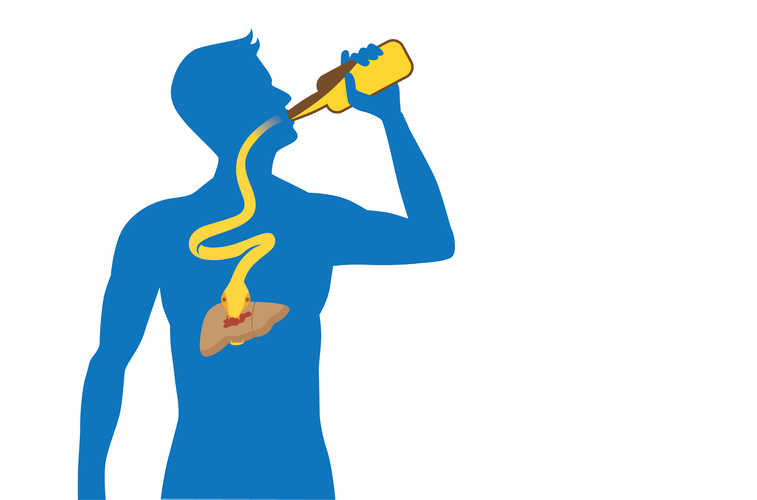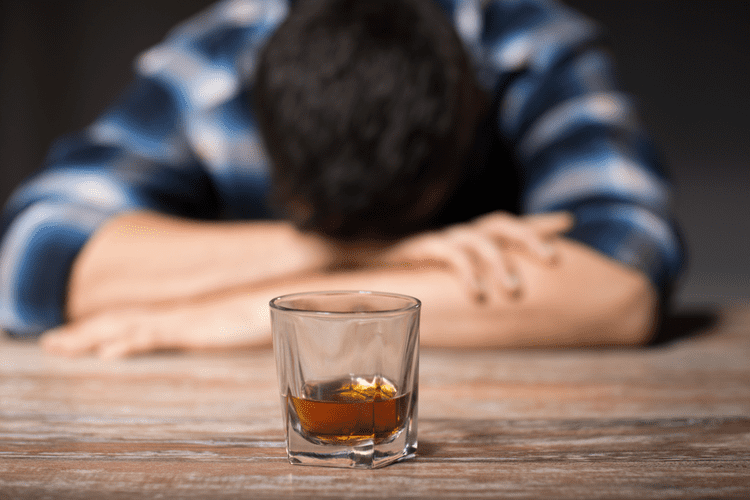Creating a systematic approach to tapering off alcohol is essential in the journey towards sobriety. This involves carefully assessing your current alcohol consumption, setting achievable goals, and continuously monitoring and adjusting your plan as needed. Alcohol withdrawal symptoms typically commence within http://manuma.eu/can-u-take-lorazepam-with-trazodone/ 8 hours following the last drink, but they can also manifest days later. These symptoms generally peak between 24 to 72 hours but can persist for weeks 1. The Recovery Village Atlanta offers comprehensive addiction treatment for drug and alcohol addictions and co-occurring mental health conditions. The Recovery Village Cherry Hill at Cooper offers comprehensive addiction treatment for drug and alcohol addictions and co-occurring mental health conditions.
- When someone stops drinking, they must decide whether to quit “cold turkey” or taper their alcohol use.
- These can indicate a life threatening condition called delirium tremens.
- Because quitting cold turkey produces such intense withdrawal symptoms, people are more likely to consume alcohol to stop them.
- Explore available 12-step programs in Bucks County, PA, and discover paths to recovery and support options.
- Heavy drinking can lead to a reduction in the sensitivity of your brain to the amount of GABA produced.
– Eat a balanced diet that includes healthy fruits and vegetables.
- This assessment will serve as a baseline to measure your progress as you gradually reduce your intake.
- While alcohol withdrawal symptoms can be uncomfortable, there are several self-care techniques that can help alleviate the physical and emotional discomfort during this period.
- When symptoms become that serious, it can be difficult to seek help.
- As the name suggests, this method involves gradually reducing the amount of alcohol you drink over time, so you consume less and less alcohol each day or week.
- This approach not only ensures safety but also promotes a more successful outcome.
Making a schedule to slowly reduce your alcohol intake is a safe way to taper off the substance. This will ensure that you are not quitting cold turkey which could result in severe and debilitating withdrawal symptoms or even death. Depending on how much alcohol you’ve been consuming, it can take days or over a week to gradually reduce your dose safely and get off alcohol. While tapering off alcohol can be an effective strategy for some individuals, it should be noted that what works for one person may not be safe for everyone. Because alcohol is a central nervous system depressant, quitting drinking can cause your body to have too much of an excitatory substance called glutamate as it tries to rebalance.

Severity and Treatment Options
Once it begins to leave your body, early symptoms of withdrawal begin. When you are detoxing from alcohol at a rehab center, nurses and doctors monitor vital signs, provide adequate nourishment and treat complications if they occur. Excessive drinking has numerous impacts on your body and mind, ranging from mild to severe. Learn which signs to look out for, and how to care for your well-being.
- Research has shown that professional help improves your ability to overcome an addiction to alcohol or cut back if you have found it difficult.
- As mentioned above, we strongly recommend speaking with a doctor to ensure your plan is a safe one, and won’t cause dangerous withdrawal symptoms.
- Luckily, there are ways to safely reduce your alcohol consumption and get your life back on track.
- It’s important to recognize that quitting alcohol “cold turkey” can lead to dangerous, even fatal withdrawal symptoms.
- Minor symptoms of alcohol withdrawal can start as soon as six hours after the last drink of alcohol.
Addressing Teens Driving Under Alcohol or Drug Influence
- Prepare a playlist of your favorite songs or movies to pass the time.
- However, it’s important to seek medical advice, as withdrawal can quickly escalate to severe symptoms.
- Common triggers for alcohol consumption may include social gatherings, stress, anxiety, loneliness, or certain locations.
- Support groups, from Alcoholics Anonymous to SMART Recovery, are one free way to find a community of people on the same journey.
If you struggle to stop drinking, avoid places and situations that tempt you to drink alcohol. You may even ask your friends and family not to drink while around you. In addition, alcohol can be high in calories and sugar, which can lead to weight gain and other health issues.

The success of these strategies will depend on how much you drink and what you drink. Tapering can be an excellent way to prevent harmful withdrawal effects after ceasing alcohol intake. If you have a severe level of addiction or dependency, you may need a detox program. Talk to a medical professional to find the best detox option for you. Adjust your goals and milestones based on your http://www.novostiit.net/page/25?s=C%2B%2B personal circumstances and progress. It’s important to celebrate each milestone achieved, as it signifies your commitment and dedication towards a healthier and brighter future without alcohol.
Understanding the Roots of Addiction

When you quit through tapering, you drink a little less each day until you’re able to have no alcohol at all. It can lower the severity of symptoms, and it can make you more likely to meet your goals. Going “cold turkey” means abruptly stopping drinking entirely, leading to uncomfortable withdrawal effects.


An example of a short-term goal would be to reduce alcohol consumption by half within the next month. An example of a long-term goal would be to achieve complete abstinence from alcohol within six months. You should develop this plan while you are in treatment, so you can use it to protect and maintain your sobriety once your stint in treatment ends. Tapering can be a long process that takes weeks or even months to finish. Although it is possible to taper at home, having medical supervision and assistance can ensure https://www.july52.ru/rastvoritel-uayt-spirit-svoystva-i-primenenie a successful taper. BetterHelp can connect you to an addiction and mental health counselor.
